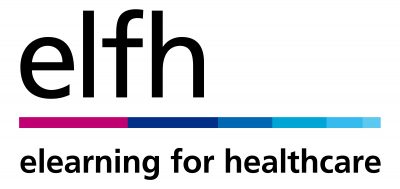
The Foundation e-learning for healthcare programme is a free e-learning resource for Foundation doctors which can be accessed via the elfh website.
The e-learning sessions map directly to the Foundation Professional Capabilities (Training Outcomes) in the 2021 Foundation Curriculum. The sessions are accessible from quick links on each line of the curriculum in the e-portfolio. The material has been developed by the Academy of Medical Royal Colleges in partnership with e-Learning for Healthcare (elfh) with approval from the UKFPO.
Each session takes around 20 minutes to complete, designed to fit in with busy work/study schedules and can be used:
As a reference tool
- For revisiting topics to refresh learning
- To prepare for a formal education session
- To ensure coverage of aspects of the curriculum that are not often encountered in the work place
The Foundation e-learning programme underpins practical clinical experience and ensures the application of pre-existing knowledge in a safe manner. The e-learning material intention is to enhance and blend with the existing teaching within Foundation schools.
E-learning for Healthcare Bitesize Learning
This is a recording taken from an FDAB meeting on 2 November 2023, focusing on e-learning for healthcare and how this learning can contribute to your reflections for e-portfolio.
